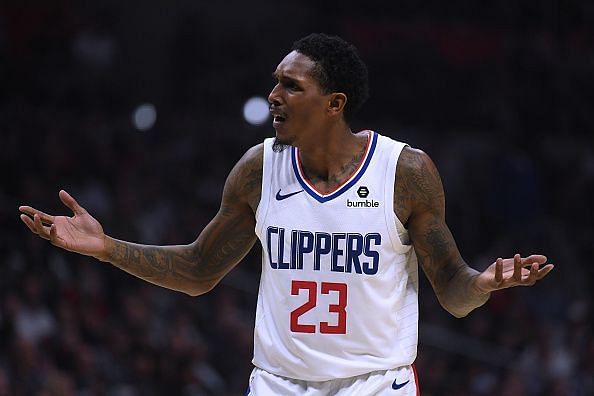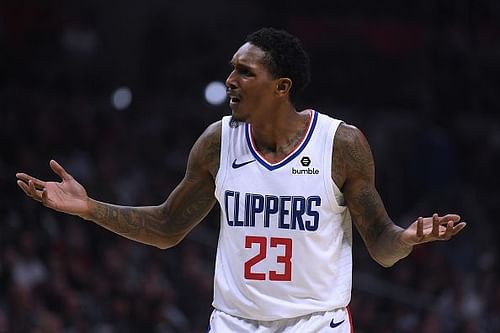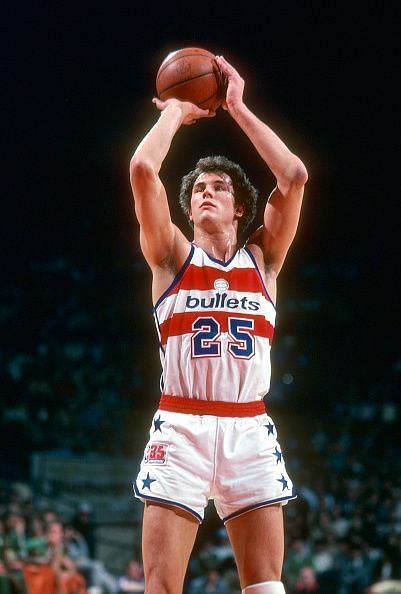
5 Best benches in NBA history

The NBA is a sports league driven by its stars. As a team sport, the NBA features the smallest team rosters at 17 players per team and only 13 can be active at any given time. Add or subtract one star player to or from any team and that team’s fortunes are greatly enhanced or reduced as far as winning is concerned.
Basketball is a team game and role-players or a collection of good role-players make a team successful. Someone has to do the dirty work like rebounding, boxing out, taking charges, defending, hustling in transition, and making the right passes at the right time.
In recent years, Lou Williams, now the all-time leading bench scorer in NBA history, has won consecutive 6th Man of the Year awards. Players like Jamal Crawford, have been scoring dynamos when substituted into games. There were also players, like Lamar Odom, who did a bit of everything the team needed in a backup role to help a team win.
Two seasons ago, the Toronto Raptors won 59 games in the regular season and their outstanding backcourt duo of Kyle Lowry and DeMar DeRozan played less than 35 minutes a game. This was because of the fact the team played three subs 20 plus minutes a game and 6 subs 15 or more.
A strong bench is a reason the Los Angeles Clippers are expected to feature in the 2020 NBA Finals. Their bench includes the aforementioned Lou Williams and a runner up to his 6th Man Award in 2019, in Montrezl Harrell.
The following is a look at the 5 best benches in NBA history:
#5 1978-79 Washington Bullets: Mitch Kupchak, Greg Ballard, Larry Wright, Charles Johnson, David Corzine

The Washington Wizards were once known as the Washington Bullets and did compete for the NBA Title. The year was 1979 and the Bullets were good. Their team record in the 1978-79 season was 54-28. They faced and lost to the Seattle Supersonic in 5 games in the NBA Finals series. The previous year, the Bullets managed to knock off the same SuperSonics in 7 games in an NBA Finals series that the Supersonics led 3 games to 2.
However, in 1979, the Bullets bench - led by the 14.6 ppg average of Mitch Kupchak - provided the squad with just over 52.5 points a game contributing about 45% of the team’s nightly offense of 114.9 ppg. It also helped that Kupchak, Larry Wright, and Charles Johnson each played over 20 minutes a game while Phil Chenier and Greg Ballard also played more than 15 minutes a game. The win-share for the Bullets bench was 17.2.